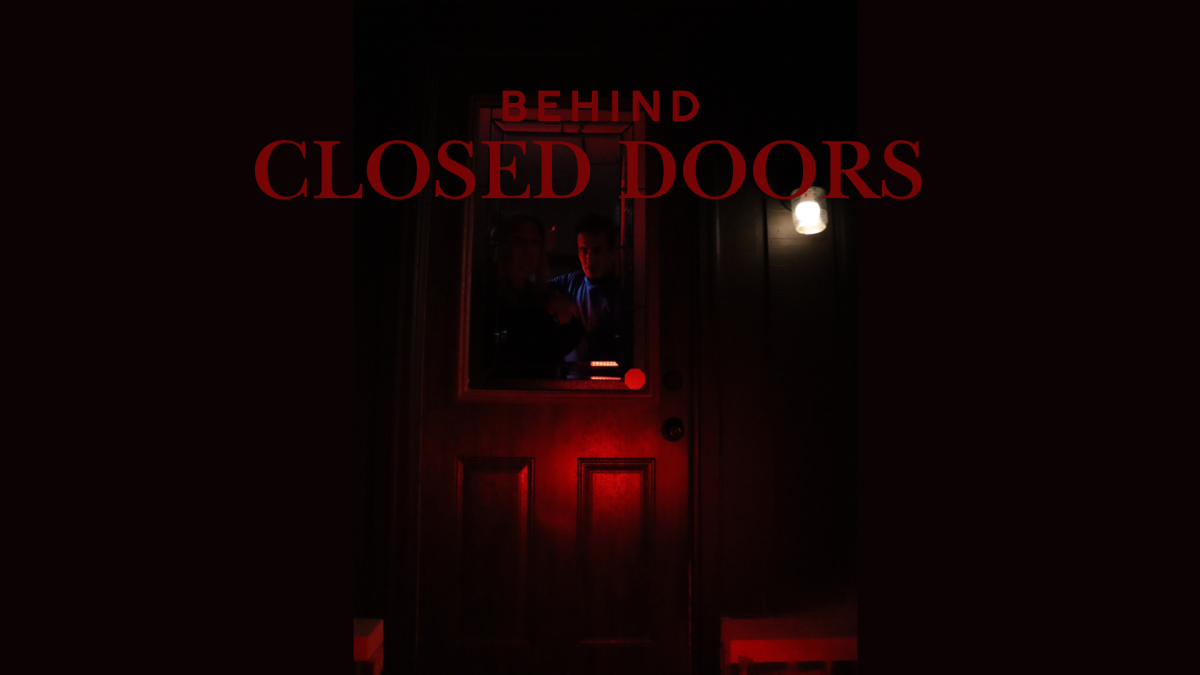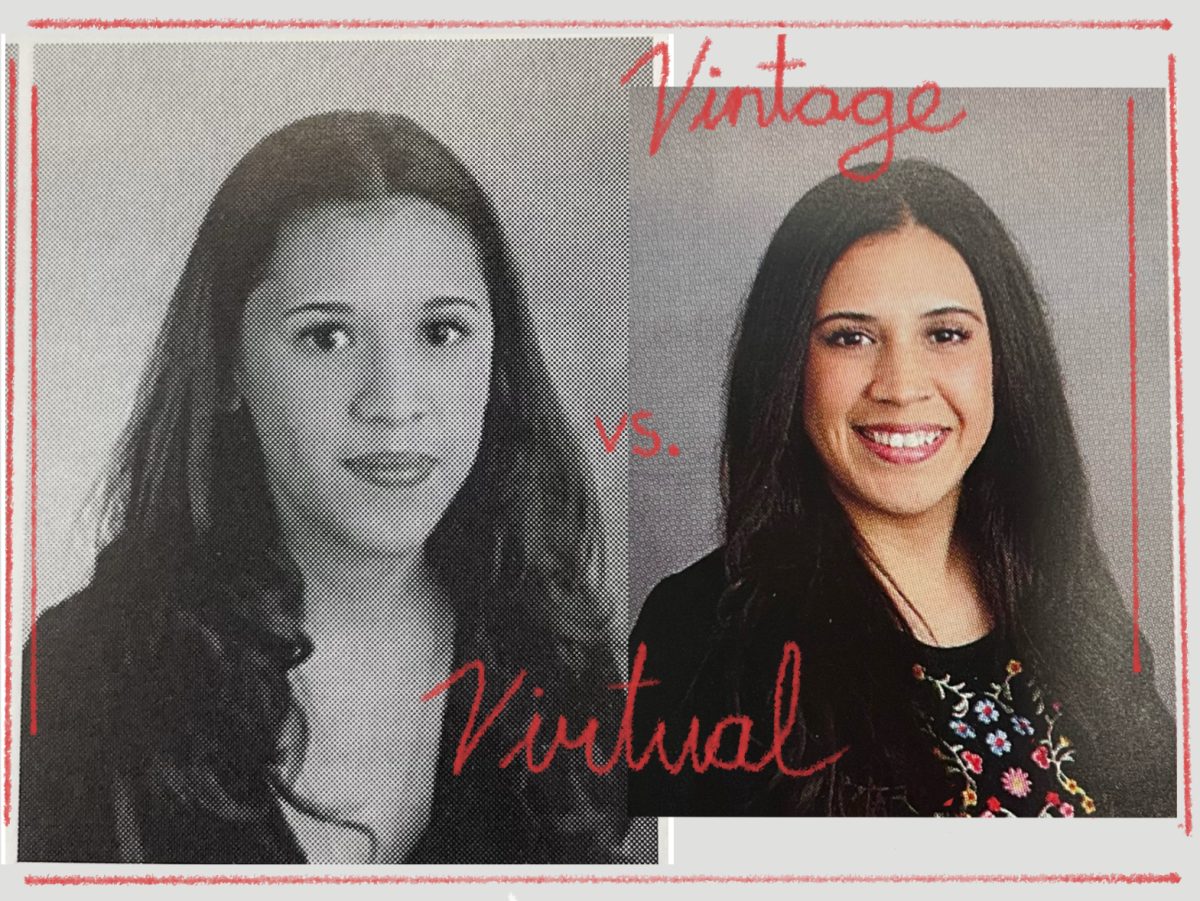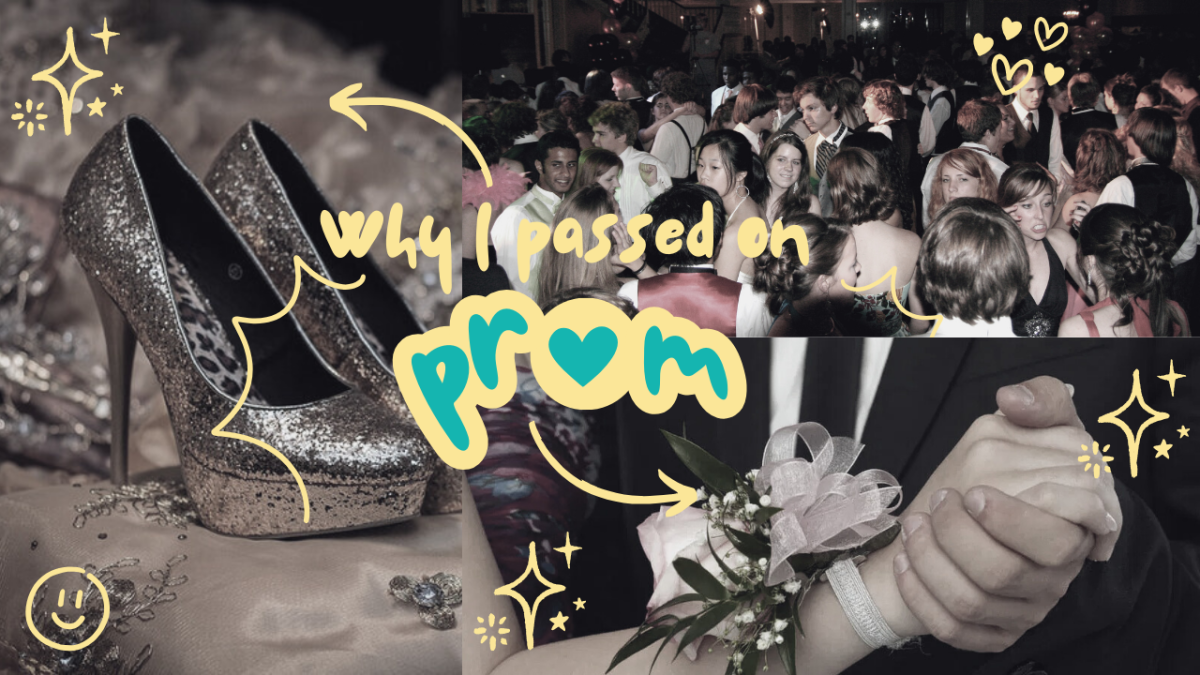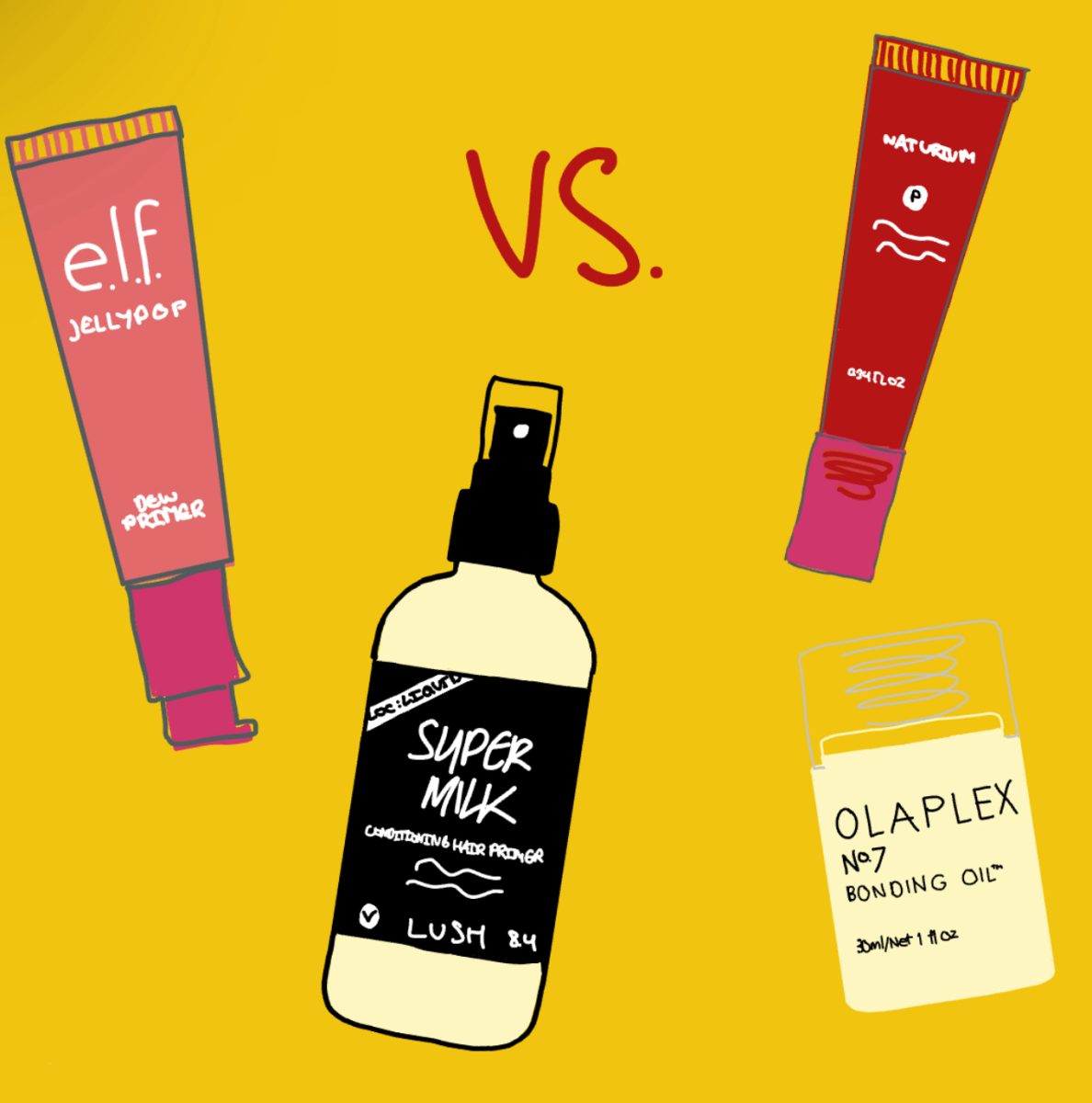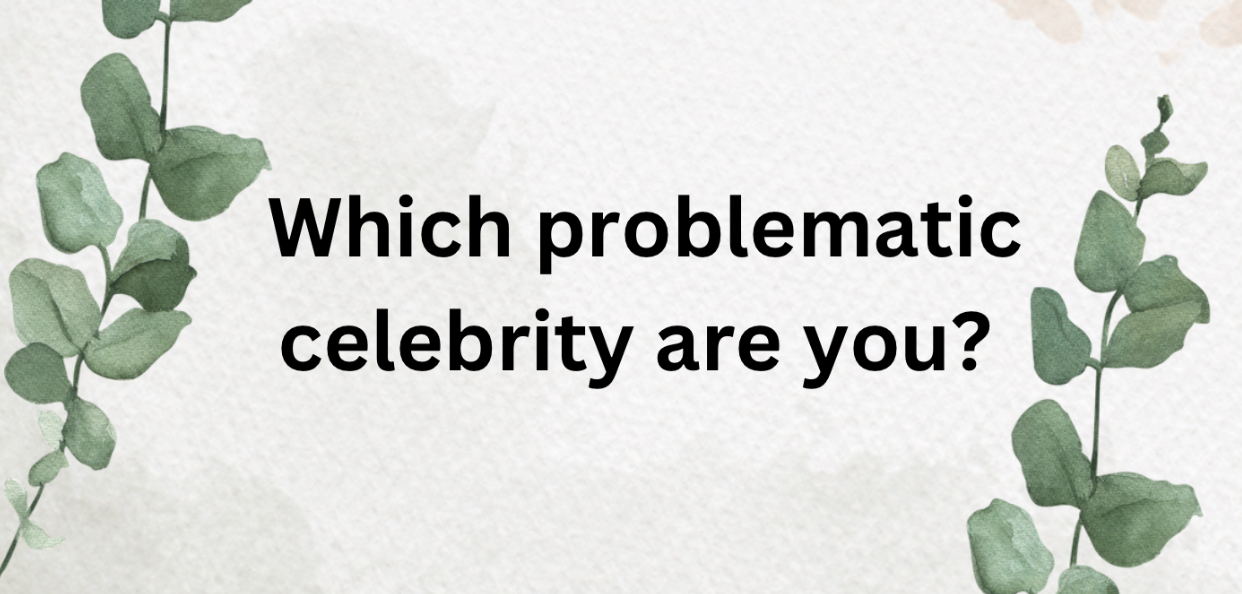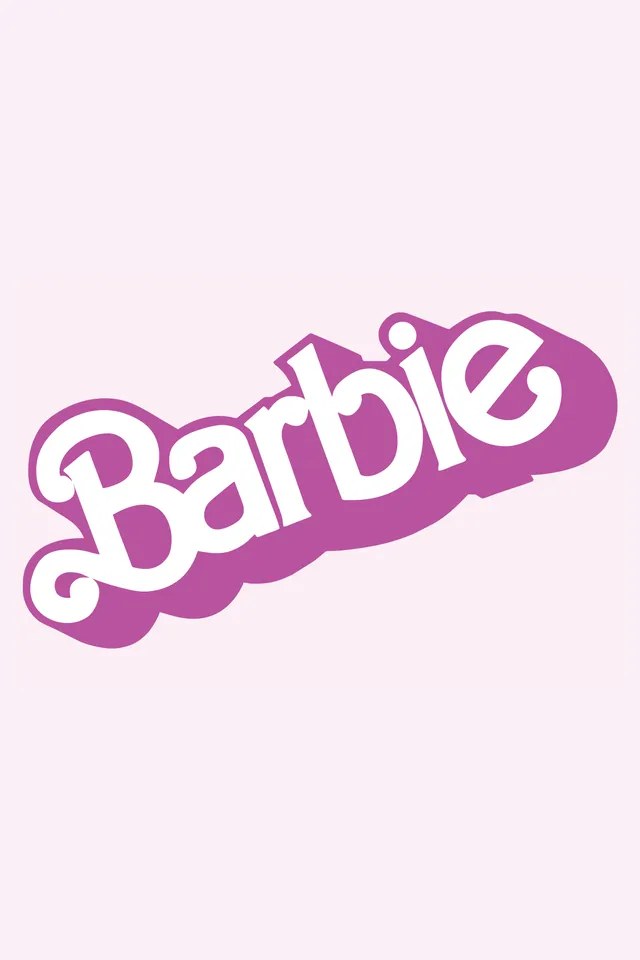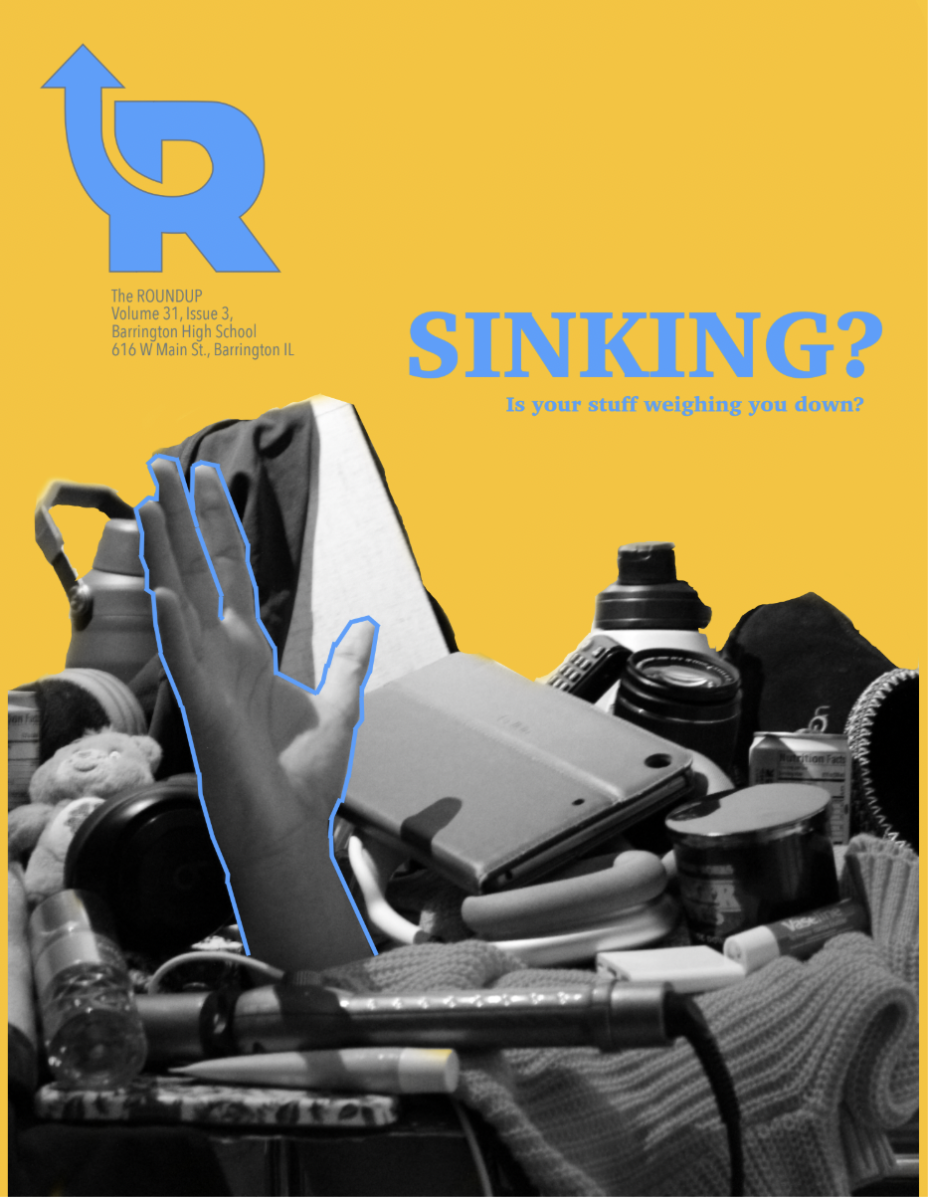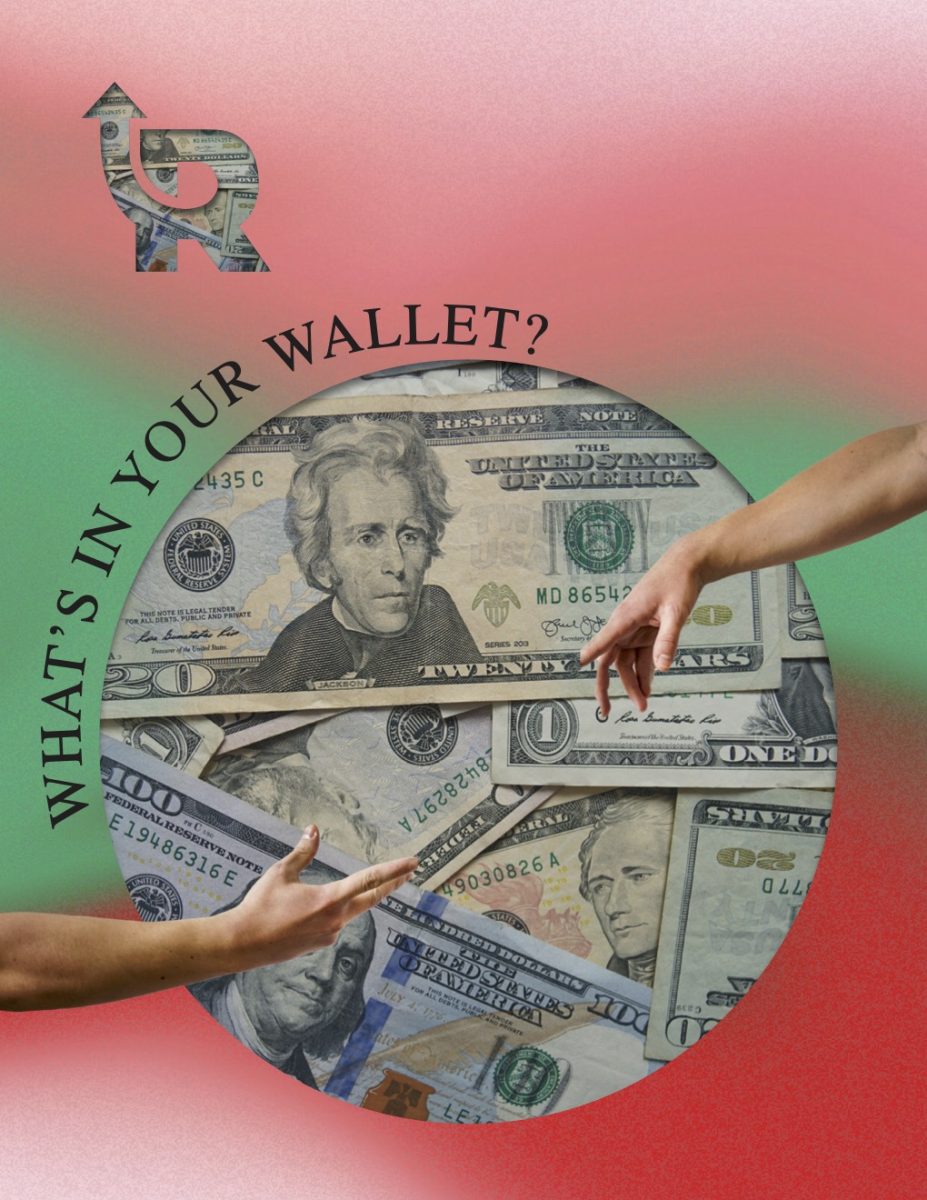The con-man renaissance is back in business
Is Netflix’s “Inventing Anna” another con to add to Anna Delvey’s list?
The Netflix series about the “Soho grifter” Anna Delvey begins with an introduction from Delvey herself: “This whole story, the one you are about to sit on your fat ass and watch like a big lump of nothing, is about me.” Despite this, the story is told through the gaze of reporter Vivian Kent, loosely based on Jessica Pressler – the original whistleblower of the Anna Delvey story.
Stories of cons aren’t anything new, though the protagonist of this one has served as an outlier for the usual con-man story. Bernie Madoff, Trevor Milton, Charles Ponzi, Reed Slatkin and Calisto Tanzi are some of history’s greatest con-artists. Anna Delvey’s name stands out for once reason – she is con-woman, and she was only 26.
This stands out in real life and gives the show the ability to justify her actions as some sort of feminized, robin-hood-esque, rebel against societal norms. The faux-German heiress Anna Delvey (born Sorokin) served as the perfect vehicle for the powerful capitalistic and materially-obsessed society, social class, and gender ideal commentary show-runner Shonda Rhimes wanted to make.
The Anna Delvey story follows a quite unsympathetic white woman as she scams the largest names in New York and unapologetically takes advantage of the people who trusted her most in nine hours of marathon-able episodes. As an antidote for this issue (one that didn’t need to be created), the show makes a major player out of Vivian Kent. Her character basically serves as an audience stand in to ask all the questions the audience has. Who the hell is Anna Delvey?
This is where the show runs into an issue. They let Vivian write Anna as a scared, naive, foreigner who is well intentioned. Through this lens, the audience starts to sympathize with Anna, feel for the scammer – they fall for the con.
Maybe I too fell for the con, because I fell in love with Anna. She’s brash and rude and incredibly classest, but there are times when she is hysterical and charming and human. If anything, Vivian is more insufferable. As a journalist, Kent throws all morals out the window, deciding to not only get incredibly attached to her subject (losing her objectivity), but she actually assists in Anna’s criminal defense. I get why, they needed to make you like Anna and they chose to do that through Vivian. That doesn’t make it right.
Anna’s story was sold to Netflix for upwards of $300,000, which means Anna is most definitely turning a profit. This is where the water becomes murky. Why are we letting Netflix glorify so unabashedly a scammer – a criminal? It was entertaining no doubt, but is that really worth the glorification of such unarguable offenses? No, it’s not. When buying a story, you are buying their narrative. This means that Anna got to add whatever she wanted to the story. She got to paint herself as the anti-hero. She was granted a redemption I don’t know if she deserved.
Those are all questions that I don’t have an answer for, but they are important to address while your watching. For me, I liked the show. It was enjoyable and bingeable and I couldn’t walk away. You feel for Anna, you feel for Vivian. You never understand who Anna is, but I think that kinda works in the show’s favor. You never really let Anna go. Anna serves as a mystery, a figment, to the audience as she does to those that met her in real life. I will be suggesting Inventing Anna to anyone with a Netflix subscription and downtime because I think it’s worth the watch. I just hope that when tuning in you too don’t tune out your morals.
Your donation will support the student journalists at Barrington High School! Your contribution will allow us to produce our publication and cover our annual website hosting costs.














